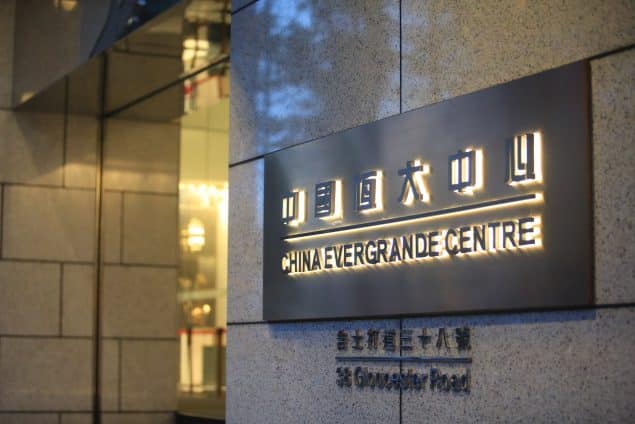Home » Business News • Crime and Fraud • US business news • World Business & Employment News » Evergrande And Its Founder Accused Of $78 Billion Fraud
Evergrande And Its Founder Accused Of $78 Billion Fraud
https://www.whatjobs.com/news/world-news/evergrande-and-its-founder-accused-of-78-billion-fraud

By Nithya Bose in Business News, posted March 19, 2024

Evergrande and its founder, Hui Ka Yan, are accused of $78 billion in fraud for inflating prices over two years before the company failed to meet its debt obligations.
China's securities regulator has imposed a hefty $583.5 million fine on Evergrande's main business, Hengda Real Estate, for these financial discrepancies.
Founder Hui Ka Yan could be facing a lifetime ban from China's financial markets, a dramatic fall from grace for the man once-considered China's wealthiest person.
The severity of the situation escalated when a Hong Kong court ordered the liquidation of Evergrande in January.
It follows the allegations by the China Securities Regulatory Commission (CSRC) Hui had directed employees to overstate Hengda's financial results in 2019 and 2020.
Hui Fined $6.5m
Hui himself has been fined $6.5 million, with investigations into his actions and the wider implications for Evergrande's financial practices continuing to be scrutinised scrutiny.
This is part of a broader crackdown on securities fraud by the CSRC, which aims to shield small investors from market manipulations.
Evergrande has become synonymous with the ongoing crisis in China's real estate sector, burdened by over $300 billion in debt.
Need Career Advice? Get employment skills advice at all levels of your career
The crisis has led to the appointment of liquidators to assess Evergrande's financial health and explore possible restructuring plans.
It potentially includes the liquidation of assets to pay off creditors.
However, the Chinese government faces a delicate balance, wary of the potential societal impact of halting construction projects across the country, especially for citizens awaiting completion of their prepaid homes.
The real estate market's troubles in China, which contribute to the national economy, began intensifying in 2021 following new regulatory measures to limit borrowing by large developers.
The fallout has seen a domino effect of defaults among leading property firms, highlighting systemic risks within China's economic landscape.
Follow us on YouTube, X, LinkedIn, and Facebook














